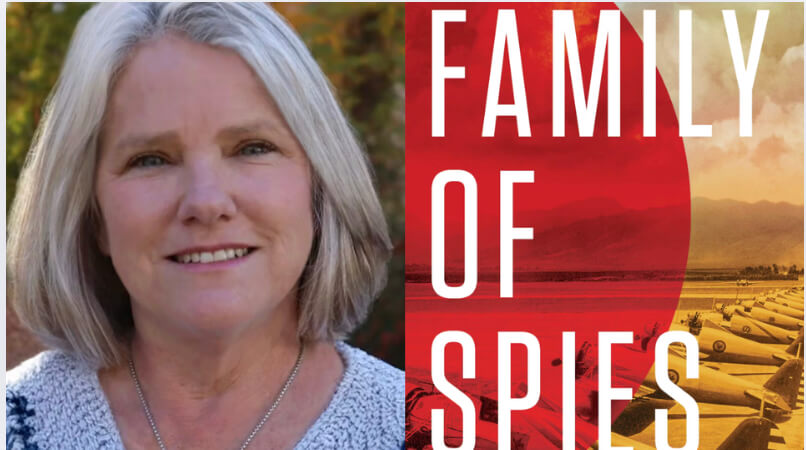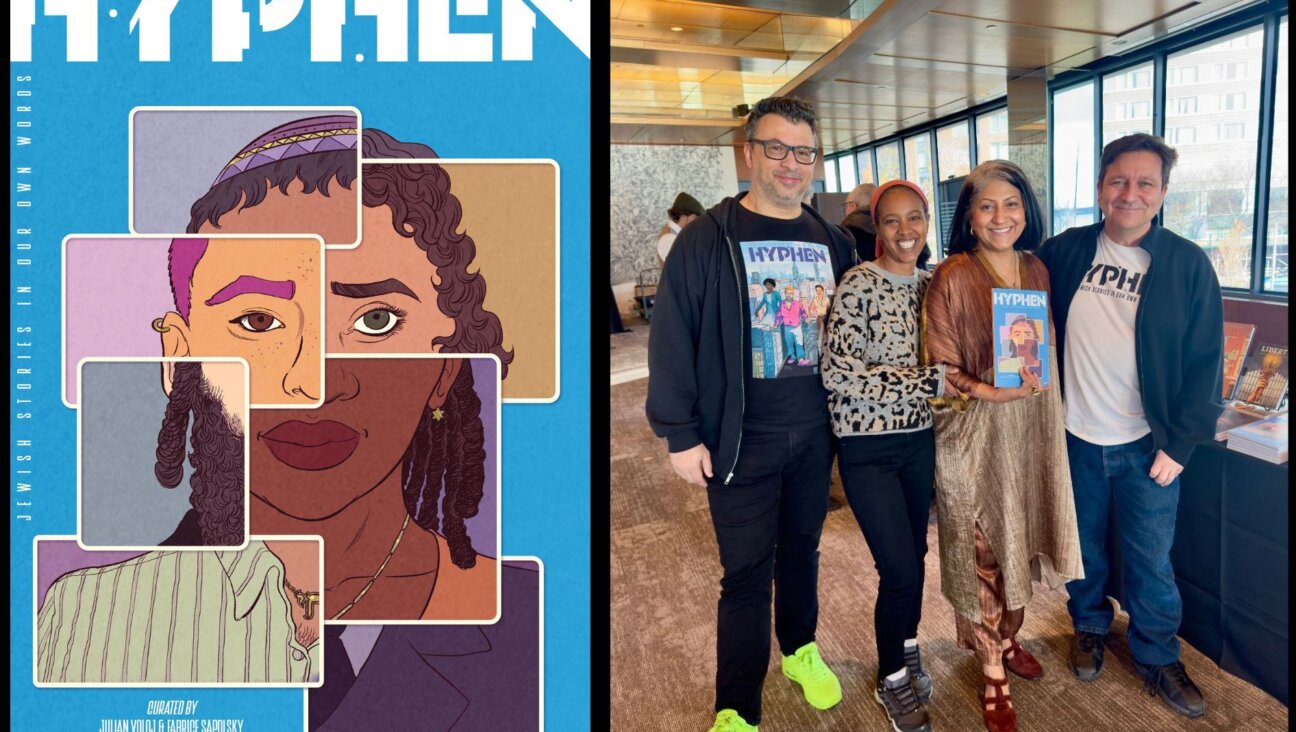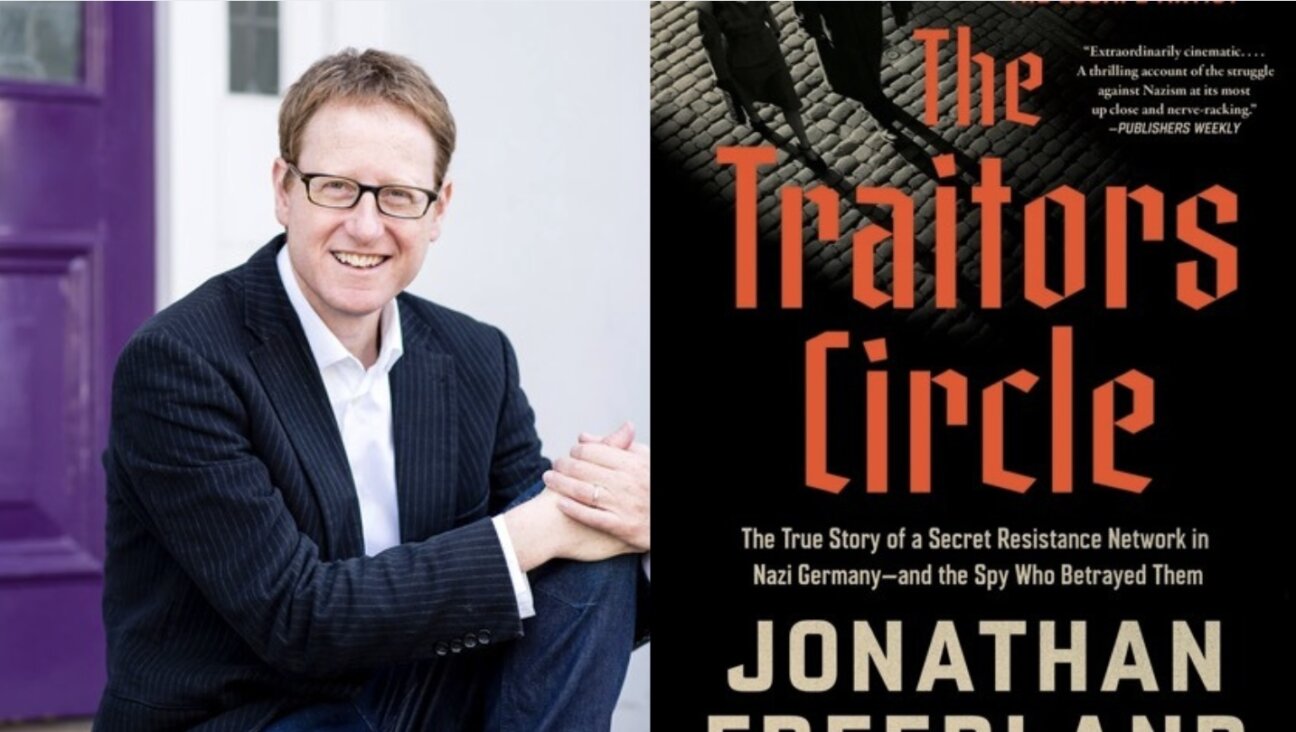Assimilation and Romanticizing the Past

Graphic by Angelie Zaslavsky
Earlier this week, Joanna Hershon wrote about an insult and a memorial service she attended for a friend’s father. Her new novel, A Dual Inheritance, was published earlier this month by Ballantine Books. Her blog posts are featured on The Arty Semite courtesy of the Jewish Book Council and My Jewish Learning’s Author Blog Series. For more information on the series, please visit:
My paternal grandparents lived across from a canal in Long Beach on Long Island. We went to their house every weekend and — at least in the confusing palace of memory — I spent much of my childhood sitting on their porch, rocking back and forth on a glider in the shade. I remember my grandmother’s pliant arms, her strong opinions, my grandfather’s worry, his strength, his pale blue eyes. I could have listened to them telling stories for hours, and often did.
Because my grandfather was religious, it’s him that I think of first when I think of being Jewish: his broad back in his gray suit and his quiet sense of bearing the weight of the world. I often think that if he were a foul-tempered man instead of gentle and beloved, I might have had negative associations with Judaism. But my grandfather trudging off to temple is linked for me to how he was a landlord who could never bring himself to collect rent if the tenant’s child played a musical instrument; it’s linked to the poetic stories he told me about how the bluebird became blue. His Jewishness is linked with his goodness, and I see him in every talis, every yarmulke.
visitingscribe/joanna-hershon
We tend to romanticize the past, the older generation. They sang Passover songs with so much more feeling, with more gusto than my parents. Now my parents are the eldest and they sing with more gusto than me. In that house by the canal, there were so many great aunts and uncles: dashing and troubled, sweet-tempered and oddly formal, fat and funny and weary. We miss our elders, their less polished style; their more (how, exactly?) obviously Jewish voices. We miss their more direct line to the old country — whichever country, the borders were always changing — somewhere in Eastern Europe. We miss them but we are not like them. We are more like everyone else.
Read more about Joanna Hershon here.
The Jewish Book Council is a not-for-profit organization devoted to the reading, writing and publishing of Jewish literature. For more Jewish literary blog posts, reviews of Jewish books and book club resources, and to learn about awards and conferences, please visit www.jewishbookcouncil.org.
MyJewishLearning.com is the leading transdenominational website of [Jewish][10] information and education. Visit My Jewish Learning for thousands of articles on Judaism, [Jewish holidays,][13] [Jewish history][14] and more.
_blog/The_ProsenPeople/post/joanna-hershon-on-assimilation-and-romanticizing-the-past/
about/ _blog/The_ProsenPeople/ awards/ resources/
















